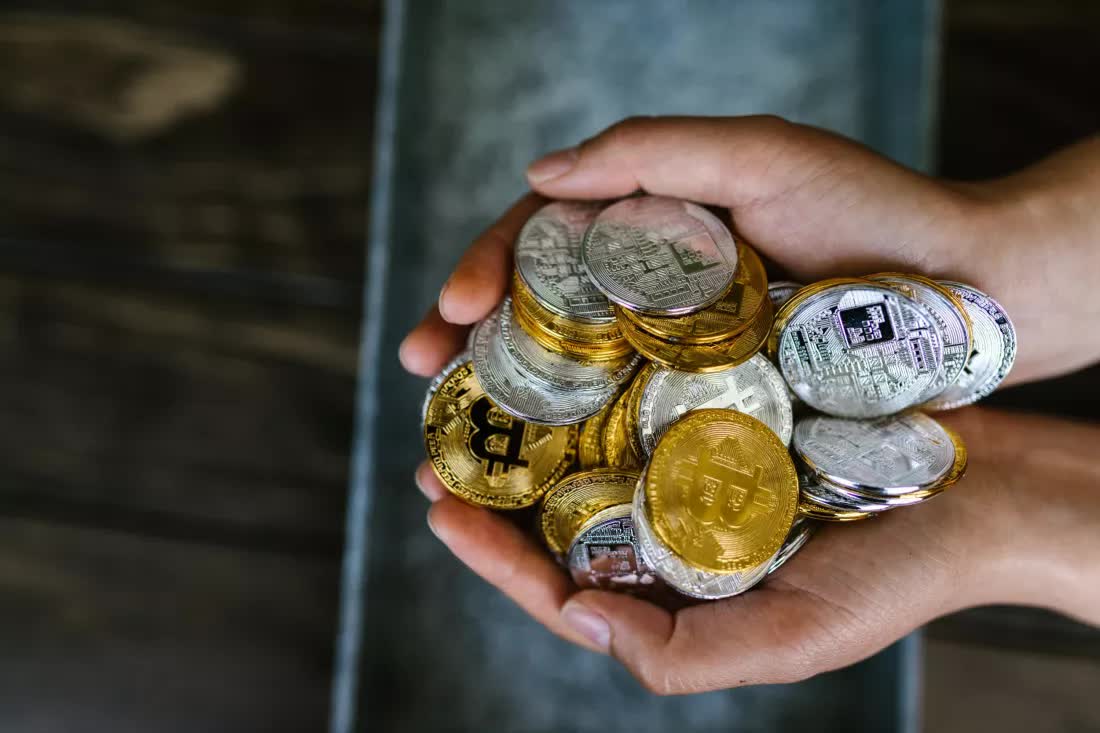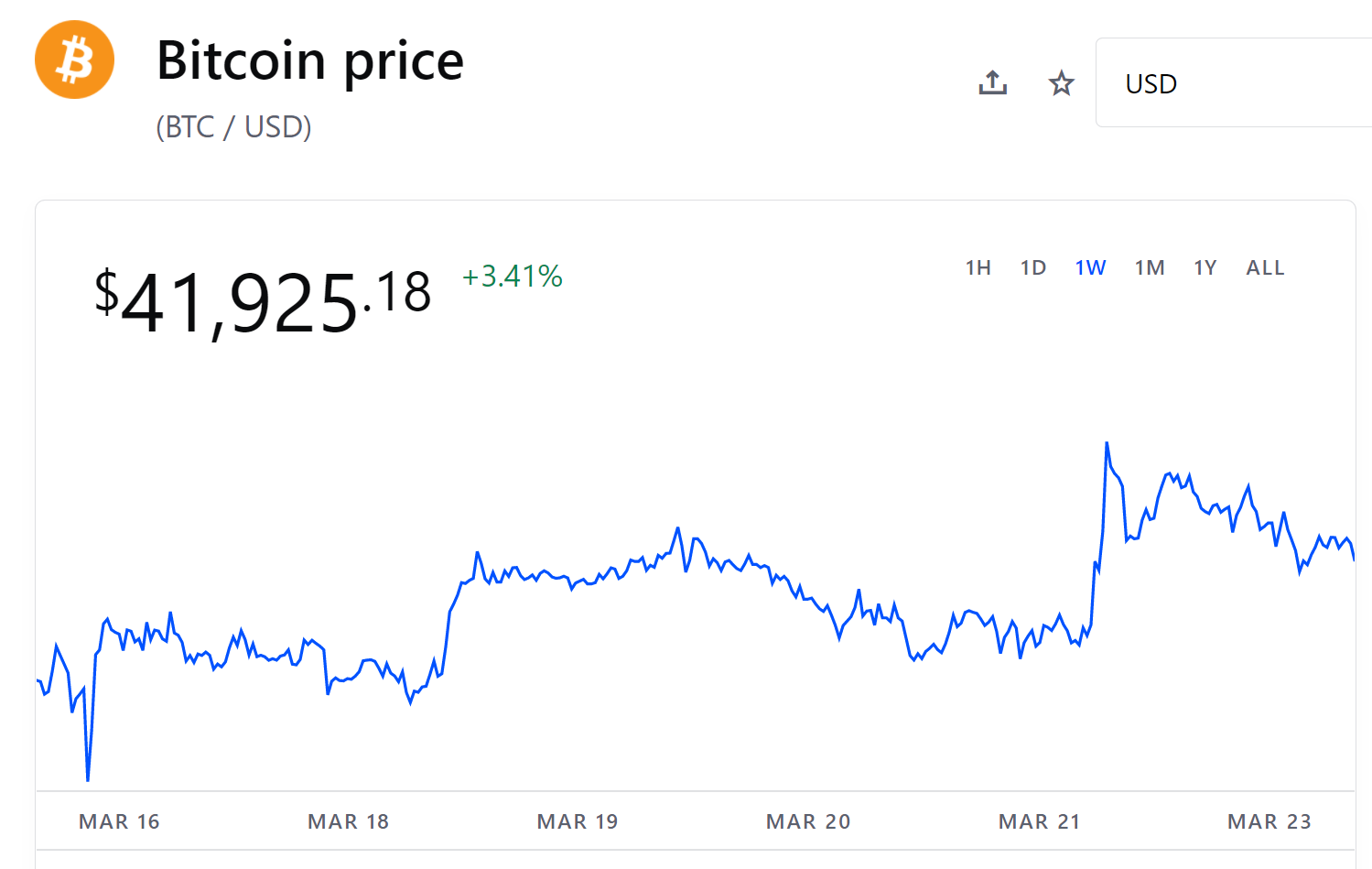What just happened? While cryptocurrency continues to see more widespread adoption, not every country embraces the likes of Bitcoin and Ethereum. Thailand, for example, will ban the use of digital assets for the payment of goods and services as of April 1.
The move follows earlier discussions between the Securities and Exchange Commission (SEC) and the Bank of Thailand (BOT) over the need to regulate such activity by digital asset business operators as it could impact the country's financial stability and economy, writes the SEC.
The SEC added that digital asset business operators, including crypto exchanges, would have 30 days to comply with the new rules from the effective date. In addition to not providing the services, businesses are also barred from encouraging or promoting the use of digital assets to pay for goods or services.
The good news for crypto fans in Thailand is that the restrictions don't extend as far as China's. The SEC confirmed that the rules would not affect trading or investments in digital assets.
The regulator writes that its decision took into account the inherent risks associated with cryptocurrencies, including its volatile price, the potential for hacking and personal data exposure, and it being used for money laundering.
Blockchain.News reports that Thailand in January said it was already planning to regulate the use of cryptocurrencies, which have become increasingly popular in the wake of the country's economic slowdown. Neighboring Indonesia, meanwhile, has warned businesses not to offer and facilitate crypto sales following an increase in its usage.
Despite the country's long intention to ban it as a payment method, Thailand is reportedly considering allowing Russian and Ukrainian tourists to pay with crypto after Mastercard and Visa suspended the use of Russian cards abroad due to international sanctions.
Bitcoin's price has dropped by around $1,000 since its peak yesterday but remains at a near three-week high.
Image credit: Rodnae Productions

